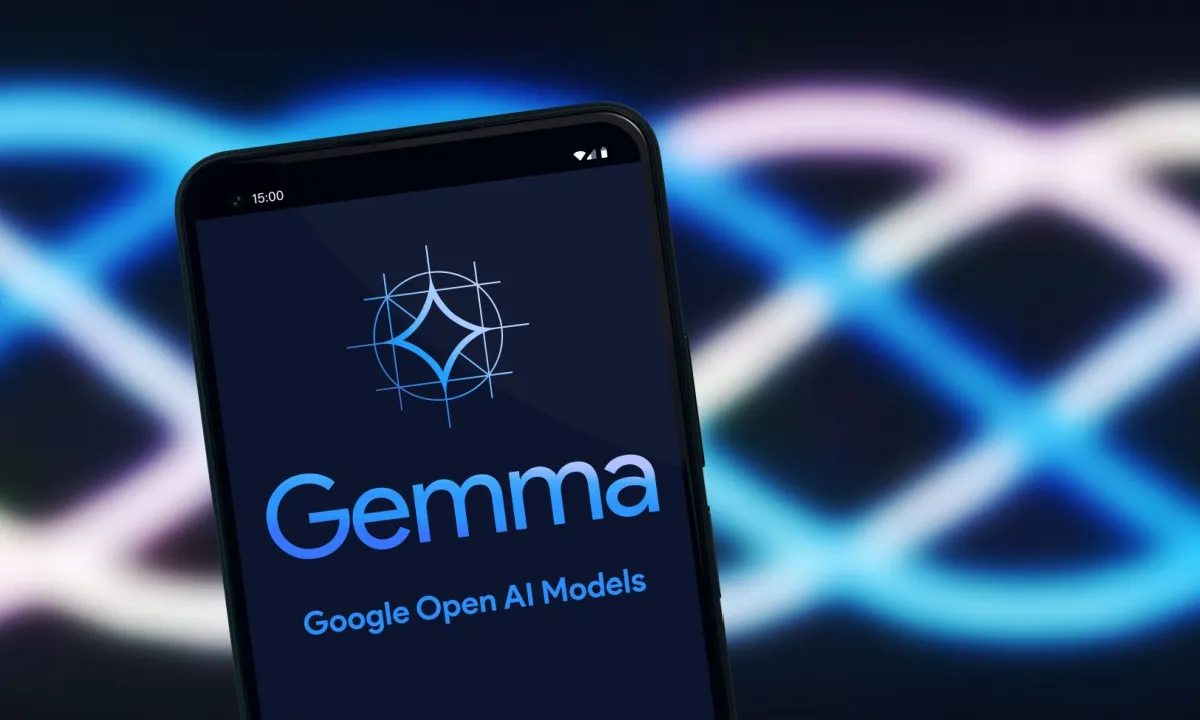
At Google I/O 2025, Google released huge expansions to its OpenAI model family under the Gemma brand which is called as Google Gemma Ai model. It highlights a strong step toward efficient, multimodal AI that runs smoothly on everyday devices like phones, laptops and tablets.
Gemma 3n is the latest addition, designed for lightweight devices with as little as 2GB of RAM. This model supports multiple data types audio, text, images and video. This allows versatile AI capabilities directly on devices without depending on cloud computing. This local execution not only decreases costs but also improves user privacy by keeping data on-device. Gemma 3n shares its architecture with Gemini Nano and is engineered for high performance on resource-constrained hardware. It is available now in preview via Google AI Studio and Google AI Edge.
Google also introduced MedGemma, a special open model customized for healthcare applications. MedGemma excels at understanding and analyzing medical text and images, allowing developers to build health-related apps that can interpret complex multimodal data. This model is part of Google’s Health AI Developer Foundations program and is available for immediate use.
Another promising model announced is SignGemma. It focused on translating sign language, especially American Sign Language into spoken-language text. This model is positioned as the most capable sign language understanding AI to date. It is intended to increase developers and the deaf and hard-of-hearing communities to create accessible communication tools and apps.
Despite the enthusiasm, the Gemma models have faced some criticism due to Google’s custom, non-standard licensing terms. Due to this some developers find risky for commercial use. Nonetheless, the models have been downloaded tens of millions of times, indicating strong developer interest.
Other articles you may find interesting
Summary:
- Google is integrating these AI models into broader product ecosystems. For example, Gemini 2.5 Pro and related AI capabilities are powering new features across Google Workspace apps like Gmail (smart replies and inbox management), Google Docs, and video editing tools.
- The AI infrastructure supporting these models has seen a leap in performance, with Google’s seventh-generation TPU Ironwood delivering a tenfold increase in computing power, enabling faster and more efficient AI inference.
- Google also introduced Gemini Diffusion, a state-of-the-art text model capable of generating content at five times the speed of previous models, and Lyria RealTime, an interactive music generation model available through the Gemini API.
- The focus on on-device AI aligns with a growing industry trend prioritizing privacy, responsiveness, and cost-effectiveness by reducing dependence on cloud processing.
- Google’s AI ecosystem is expanding with new developer tools like Google AI Studio, which simplifies prototyping and building with Gemini API models, including agentic experiences that can pull context from web pages to enhance AI interactions.
Google Gemma family is evolving rapidly, emphasizing efficient, AI model that runs locally on consumer devices, with specialized models targeting healthcare and accessibility. This reflects a broader strategy to democratize AI technology, making it more accessible, private and versatile for developers and end-users alike.





